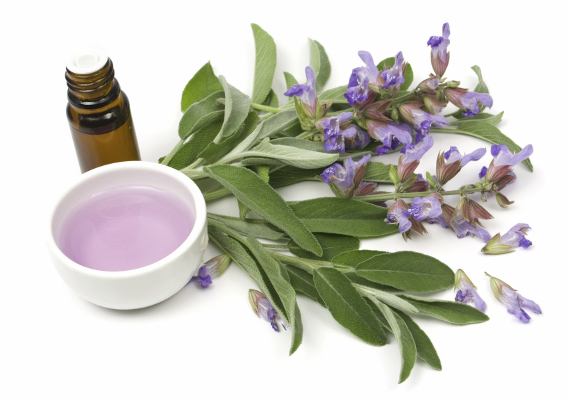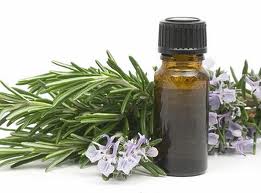Ginger essential oil has an amazing sharp-lemon aroma with exotic notes of bitter pepper. Describing this scent in words is not easy; in a word, it is unforgettable…
Natural ginger essential oil should be expensive, as it takes two kilograms of raw material to produce just one drop of oil. Ginger treatment will be successful only when using natural raw materials. Ginger is known to us as a powerful aphrodisiac and a universal healer. In the troubled Middle Ages, ginger was the main prevention against the plague.
The complementary oils for ginger oil are considered to be clove, basil, mint, lavender, bergamot, orange, and juniper.
In cosmetology, ginger is used for oily skin - ginger oil helps to cleanse pores and tightens them. Ginger oil is also effective in treating herpes virus.
Uses of Ginger Essential Oil in Medicine:
- reduces sweating;
- reduces meteorological dependence;
- removes excess fluid providing an anti-edema effect;
- combats bronchopulmonary diseases, respiratory viral and bacterial infections;
- the antibacterial properties of ginger affect gastrointestinal issues - diarrhea, nausea, vomiting, gastritis, and colitis are successfully relieved by ginger oil;
- alleviates pain from sprains, arthritis, and osteochondrosis;
- eases premenstrual syndrome, enhances potency, alleviates headaches.
There are special recommendations for using ginger oil:
Ginger is ideal for making homemade perfumes, especially in combination with patchouli oil. You can add 3-4 drops of oil to a liter of wine, tea, or cider, or to one hundred grams of dry product.
Undiluted oil can cause a burning sensation on the skin and warms for a few minutes. Ginger oil can be used for inhalations - for 5 minutes a day, add a drop of ginger to the inhaler.
Aromatherapy baths with ginger oil - 3 drops per bath. For massage - dilute ginger oil in a carrier massage oil (2-3 drops). Enrich cream with ginger oil - add 3 drops of oil to 30 grams of cream.




